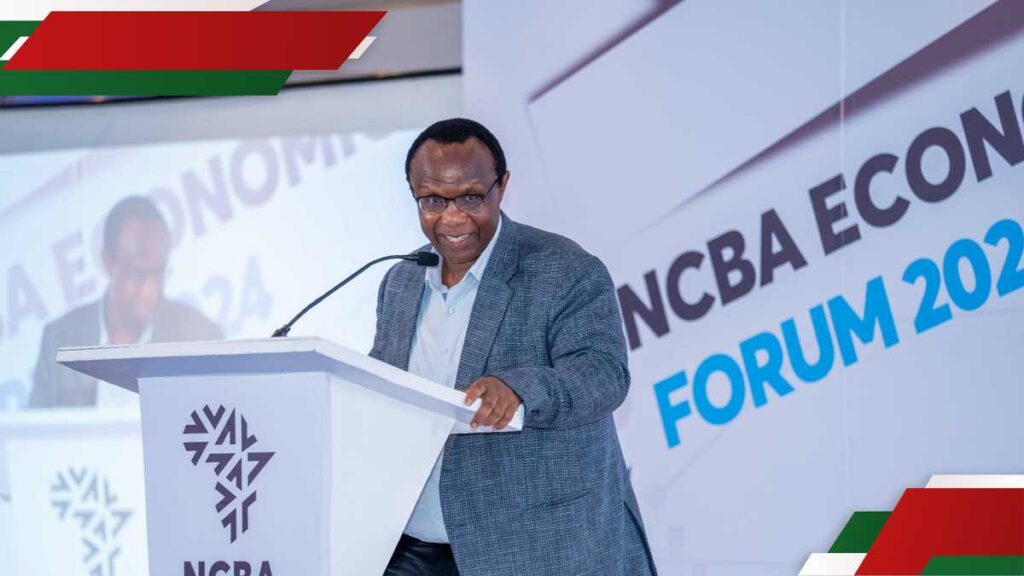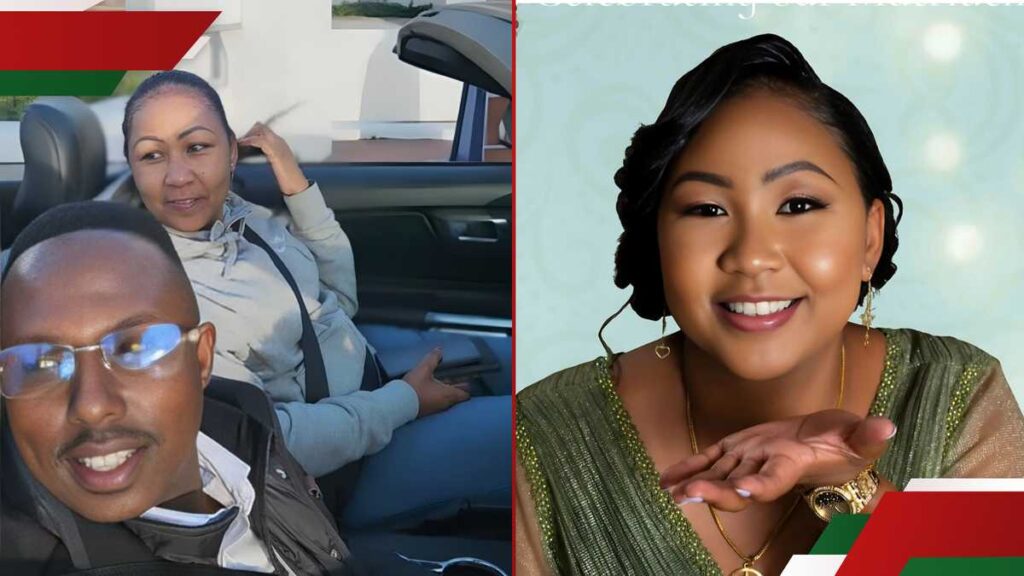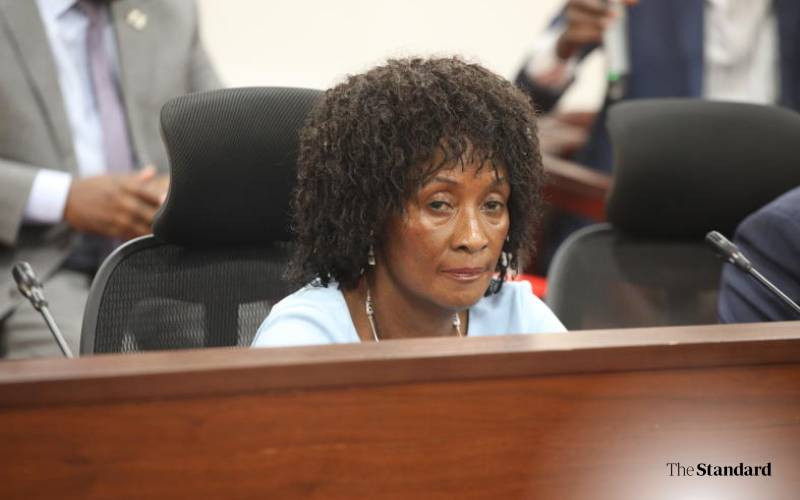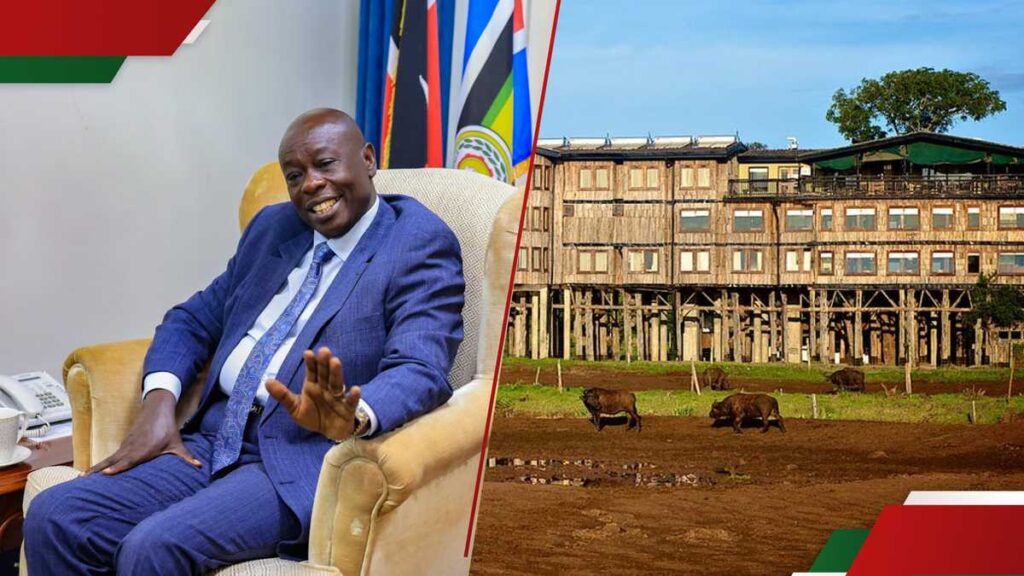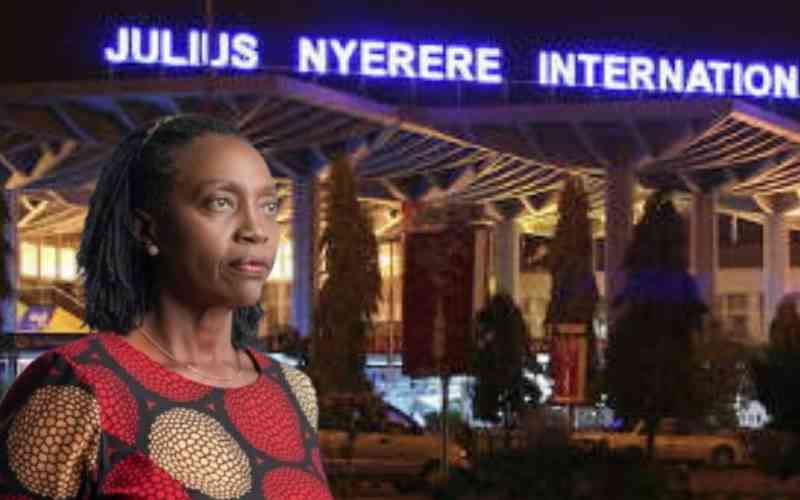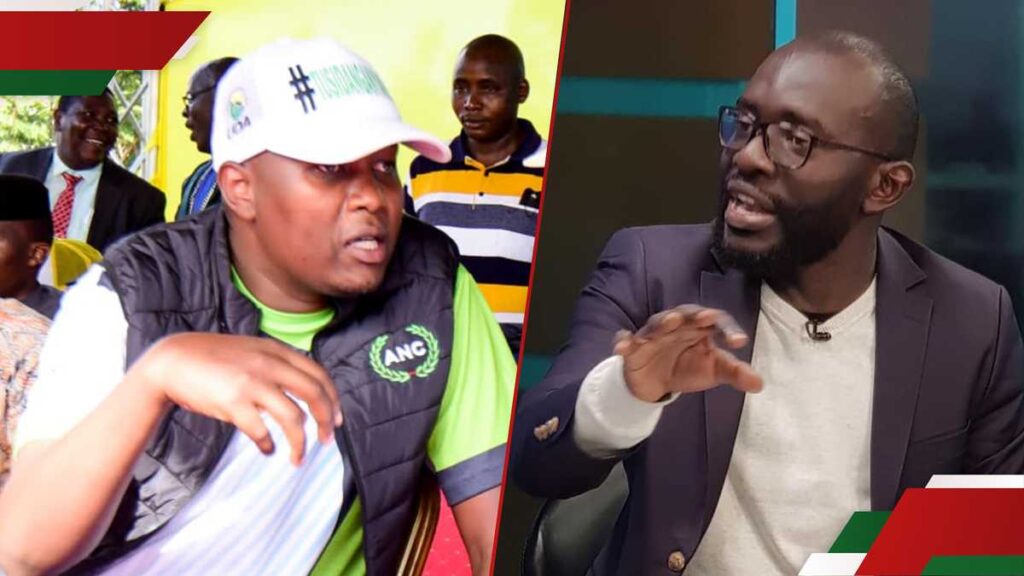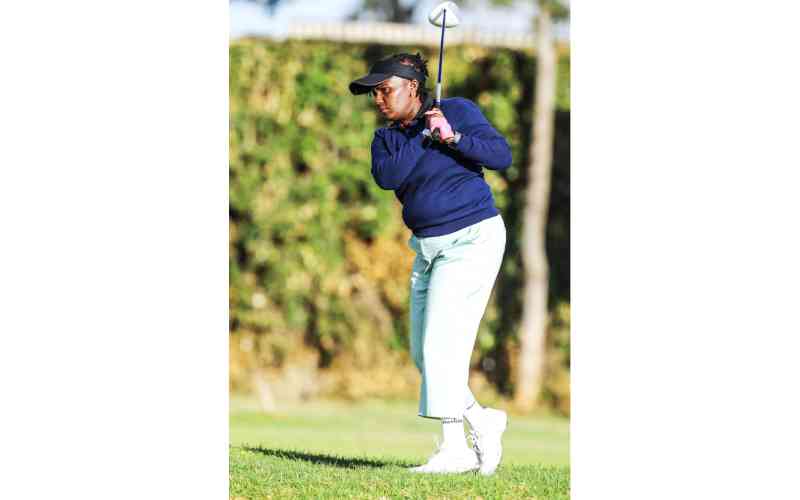Restoring trust between police and the public, need to re-engineering the service, digitising the occurrence books, and recruitment were some of the issues that dominated the vetting of three National Police Service Commission (NPSC) nominees yesterday.
The vetting conducted by Administration and Internal Security Committee, led by Narok West MP, Gabriel Togoyo also sought from the nominees, Peris Muthoni Kimani, Benjamin Juma Imai and Prof Collette Suda how they would mend relations between Inspector General of Police, NPSC and Independent Policing Oversight Authority (IPOA) and also questions of police brutality.
The three nominees are jointly worth Sh252 million, with Suda valued at Sh175 million, followed by Muthoni with Sh50 million and Juma at Sh27 million.
Muthoni, who was the first to appear before the committee, said one of the most important things to regain public trust in the wake of the most recent case of a teacher reportedly dying in the hand of police, said there is need to improve training of officers and auditing their operations, alongside with comprehensive reforms.
She said that reforms are urgently needed right from the Government to the NPS.
“We need to modernise, re-engineer, and retrain the officers. We need to have an open engagement with the public, so as often to understand what the police are doing. The occurrence books should be digitized and all activities and go with the recent trends,” she told the committee.
Muthoni, a former police officer, served for 39 years and retired at the rank of Assistant Inspector General, said that having worked at NPS, she has the experience to know the security needs.
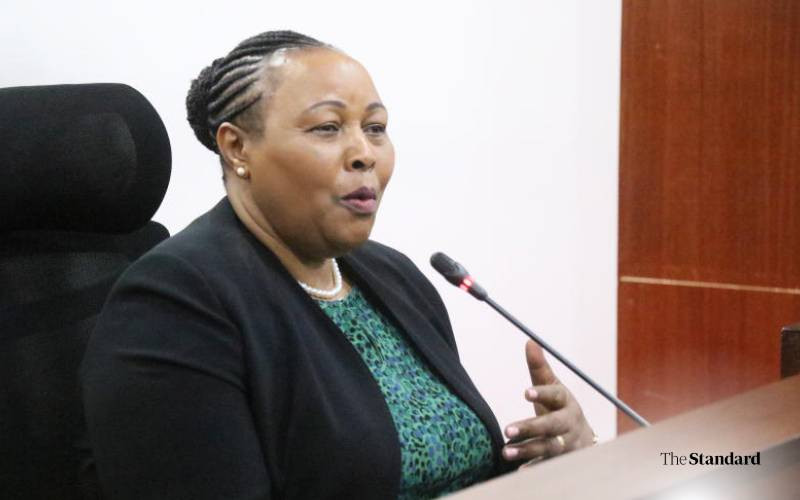
“Having worked for over 39 years, I have a huge experience. I worked in all the provinces, and I know the security needs of our people, and that is what I am bringing to the table,” she said.
The retired officer was, however, opposed to the proposal to conduct the upcoming recruitment digitally, saying it would lock out and disadvantage many Kenyans living in areas without proper network coverage.
For digital recruitment to work, Muthoni said that a pilot should first be undertaken to understand the workability of the system.
“In your opinion, as a senior retired officer, there is a proposal to move from normal physical to online recruitment. Do you advocate that we go digital or continue with physical to achieve integrity and fairness?” Togoyo posed.

“It is too early for us to recruit digitally without reporting hitches. Online is good because it will reduce corruption, malpractices, and time management, but it will affect areas where people live without internet. It will leave out or disadvantage for a lack of network,” Muthoni explained.
Stay informed. Subscribe to our newsletter
Lari MP, Mburu Kahangara, also wanted to know how they would deal with issues of frustrations among police officers, how she would handle conflict of interest, having been an NPS officer and now seeking to move to NPSC.
Muthoni said: “It is true about issues of frustrations, for instance, while at NPS, you would see a parent being transferred, and maybe schools are opening. If approved, I would request that colleagues married officers should work close to each other, and transfers should not happen when schools are opening.”
“Police are accused of many things; they make mistakes, and that is why we keep talking to them and advising them. We need workshops to keep enlightening them,” she added.
The committee Vice Chairperson, Saku MP Dido Rasso, wanted to know how she would deal with a conflict of interest.
“You were AIG at retirement. If this House approves you, you will be one of the few people to move from NPS to NPSC. What guarantee do we have that you will not be conflicted? Rasso asked.
Suda, a former Principal Secretary, who also served as Chief Administrative Officer (CAS), called for the need to understand the police culture, behaviour, and attitude, then the community in which they serve.
She also said that a police officer should not be in one station for a long time, noting that the recommended timeline of three years should be enforced.
“NPS exists to get law and order, and has a range of responsibilities, but they must know the people they are serving. When you are involved in security issues and working with uniformed officers, it is important you take care of the people – people offering the service and those they are serving,” Suda told the committee.
Asked how she would ensure a seamless relationship between NPSC, IPOA, and IG, Suda said the challenges between the three entities require policy and legislative reforms, in addition to ensuring that capacity building is a continuous process.
“Tensions between the three arise from the overlap of roles, for example, when you look at IPOA’s mandate of oversight and investigations is essentially what NPS also does. The duplication of roles has a potential for conflict, the overlap should be minimised,” Suda explained.
She supported digital recruitment of officers, saying it would minimise human interaction, while for Kenyans living in areas with limited network, NPS and NPSC should consider availing technology for that purpose.
“You cannot say that you will recruit police officers online network and then there is no network. You have to make technology available, and only those shortlisted should go to the next step, and this will reduce the number of recruits substantially,” she explained.
The third nominee, Juma, said the Maraga taskforce report is critical in driving reforms in the service, insisting that public trust must be restored.
“The are several aspects we must take seriously. The service at the moment is not in good image, and we need to ensure the officers are accountable. There should be an internal mechanism for disciplining misconduct of an officer,” Juma said.
“We should advocate that public trust is restored, we must have a mechanism for public apologies to make the public confident in the service,” he added.
He also said that if approved, he will seek to ensure the three entities work as a team since everyone has a mandate, and in case of challenges, dialogue should iron out what is ailing the relationships.















